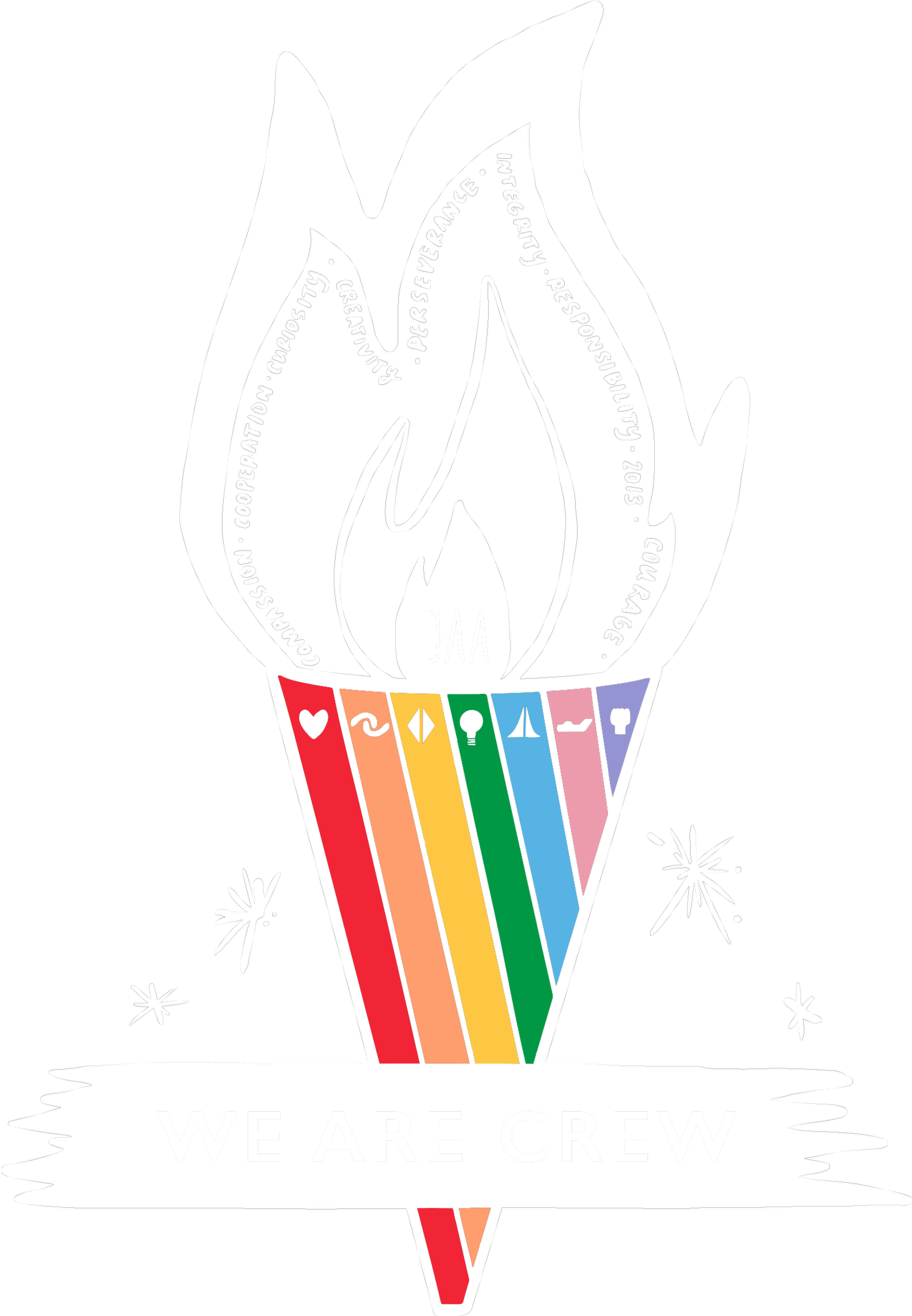Habits of Character for Kindergarteners
When I tell people about DAA and how the habits of character are pillars that we use to shape behavior and raise students to be not just good academics but also good citizens they kind of look at me like “Can a 5 year old really understand perseverance?” And the answer is yes! They absolutely can!
Using advanced vocabulary with young students is a great way to ensure deeper understanding and build robust vocabularies. It’s also amazing how deep of an understanding 5 and 6 year olds can have of the high minded concepts like compassion, cooperation, perseverance, and the other habits of characters. So yes, they can understand it deeply. It just needs to be explained in a way that makes sense for this age and then they’ll run with it, finding examples of it every day and in everything they see.
Admittedly I focus a lot on Responsibility, Compassion, and Perseverance with the kindergarteners. Why those three, you may be asking, when all 7 habits are important pillars here at DAA and all 7 are the essentials. Those habits of character are essential to understanding how to do school well, to be engaged in their learning, and to getting along with one another - all the core skills of kindergarten.
Responsibility - doing the right thing and meeting expectations - to build routines and personal investment in managing their behaviors, their space, and their belongings. This is also super useful to reinforce behaviors and emphasize that they’re big kids now, and big kids are responsible.
Compassion - being kind to one another and caring about each other - is essential for learning that we can get along with each other and to respect each other’s differences. Crew units that focus on differences rely heavily on the idea of compassion and that we can be kind/caring to one another even if we’re not the same or if somebody disagrees with us. Compassion, I’ve found, is the core of their interpersonal skills.
Perseverance - the idea that we don’t give up even if something is hard or we aren’t good at something instantly. They learn so many new things in the first year of school that it’s essential they know that it’s okay to struggle, as long as they don’t give up and continue to try their best. It’s really important, actually, that they learn early that sometimes things will be hard and that it’s okay to not get it right away. That’s a skill that will serve them well into adulthood.
The other 4 habits we address, we explore, but those three are my kindergarten essentials. If they come away from kindergarten with those 3 deeply instilled in them then I will feel successful!


